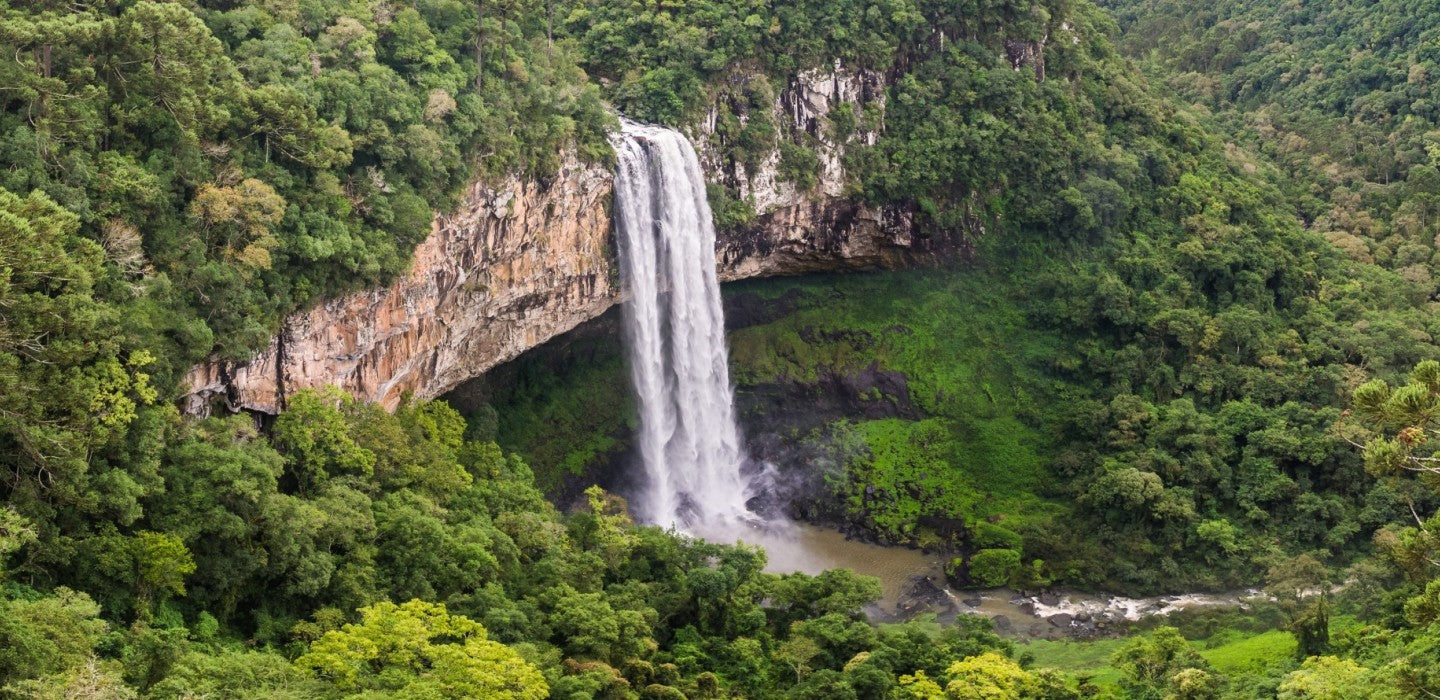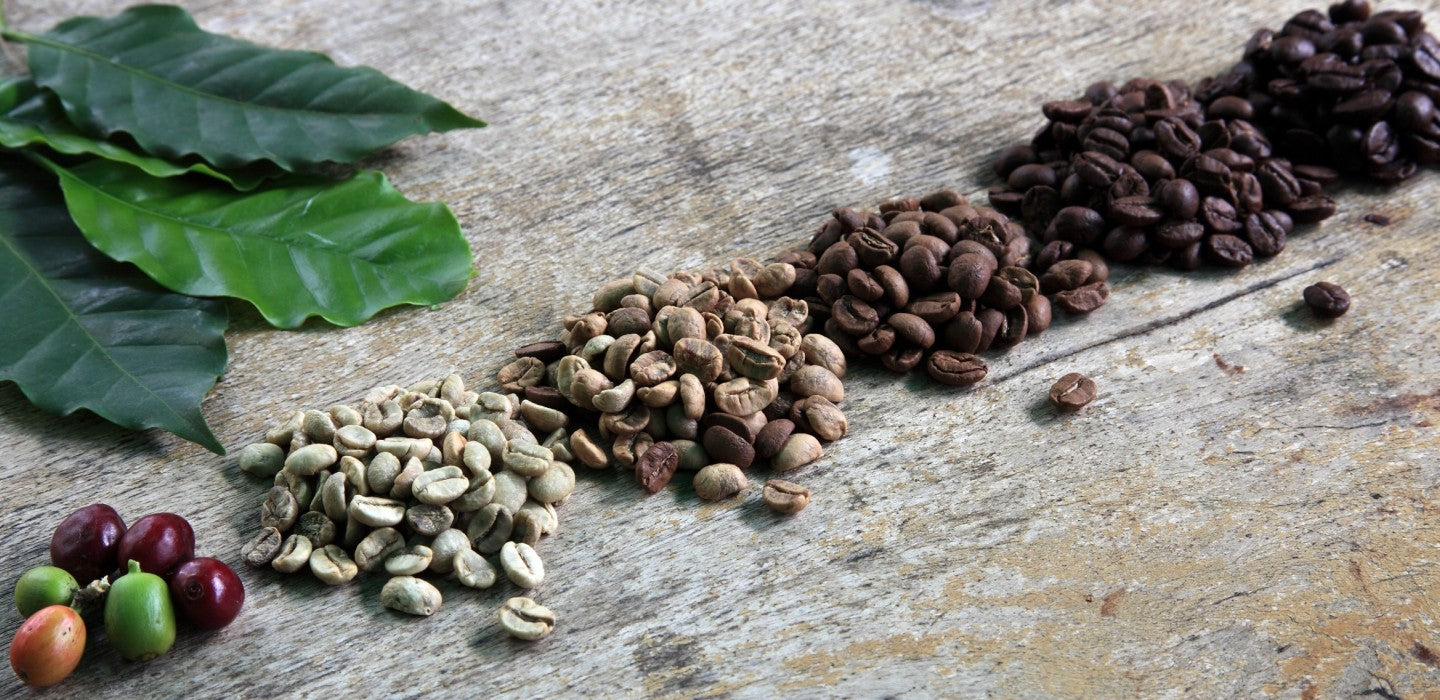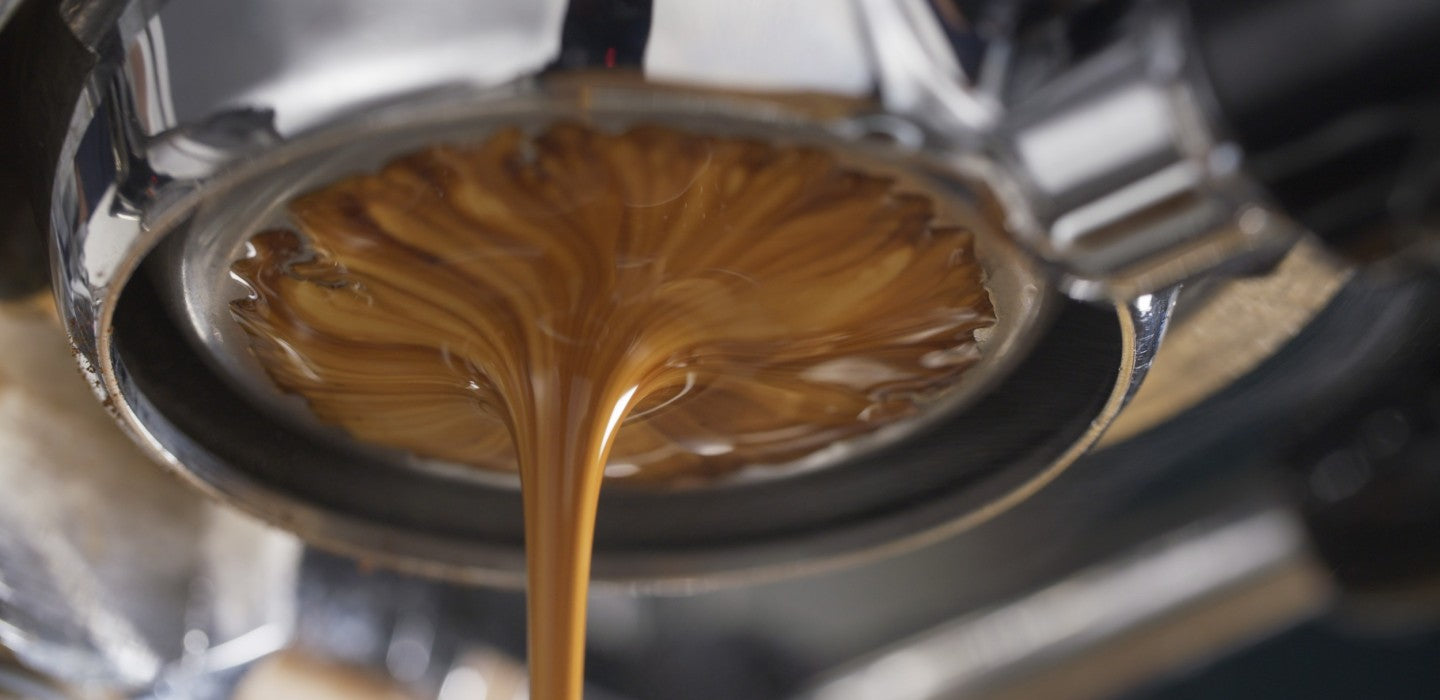Decoding Brazil Coffee: Origin, Qualities, and Experience
Adopting a Taste of Brazil in Every Cup
Brazil Coffee, denoted in its origin label as 'Brazil,' signifies coffees that proudly trace their roots back to Brazil. The designation of 'Brazil' stretches widely across the spectrum, encompassing several coffee varieties with distinct quality differences. The name has been attributed to both low-grade coffees with poor formulation and high-grade coffees with intricate structures.
Brazil Coffee: Where Does It Grow?
As comprehensible from its name, Brazil-Kaffee originates from Brazil. The coffee cultivation occurs within a broad altitude range of 200 to 1,000 meters above sea level. Brazil's reputation as the world's leading coffee producer is a well-known fact. Surprisingly 98% of Brazilian coffee is grown in just four states - Paraná, Sao Paulo, Minas Gerais, and Espirito Santo, despite 17 of the 26 Brazilian states engaging in coffee cultivation. Paraná, nestled in Southern Brazil, is particularly noteworthy as it accounts for half of the country's total production.
Exploring Brazilian Coffee Varieties
When we dive into the world of Brazil coffee, we encounter a variety of beans, predominantly Arabica and Robusta, grown across diverse altitudinal conditions. Approximately 80% of Brazil's coffee production pivots around Arabica varieties.
Famed for their distinctive characteristics, Brazil Lagoa, Brazil Santos, Brazil Bourbon, and Brazil Conilon are some of Brazil's prominent coffee types. Besides, Brazilian coffees often find their way into various blends, with Espresso blends taking a significant chunk of this inclusion.
The Flavor Profile of Brazil Coffee
Brazil Coffee is generally associated with milder flavor profiles and lower acidity levels despite a high caffeine content. However, it's essential to note that the specific taste nuances of the different Brazilian coffee varieties are heavily influenced by their respective growing regions.
For instance, varieties grown closer to the northern coastline often harbor a robust aroma, partaking of the sea's salinity. In contrast, the Southeast hosts an abundance of traditional Bourbon cultivars known for emanating a delicate spicy taste.
The Journey of Brazil Coffee From Farm to Cup
Brazil's coffee cultivation history goes a long way back. Many farms persistently uphold traditional production techniques, yielding exceptionally high-quality coffees. On such estates, only ripe coffee cherries are handpicked and sun-dried. The slow drying process allows the aroma to transition directly from the fruit's pulp to the beans.
The gentle drum roasting process ensures the preservation of Brazil Coffee's natural flavors and oils, endowing high-grade Brazil Coffee with a natural sweetness and fruity taste. However, mass-market oriented plantations producing Brazil Coffee also exist, their cultivation and production standards not as stringent, yet bearing the same 'origin' nomenclature due to their geographical location.



Leave a comment
This site is protected by hCaptcha and the hCaptcha Privacy Policy and Terms of Service apply.